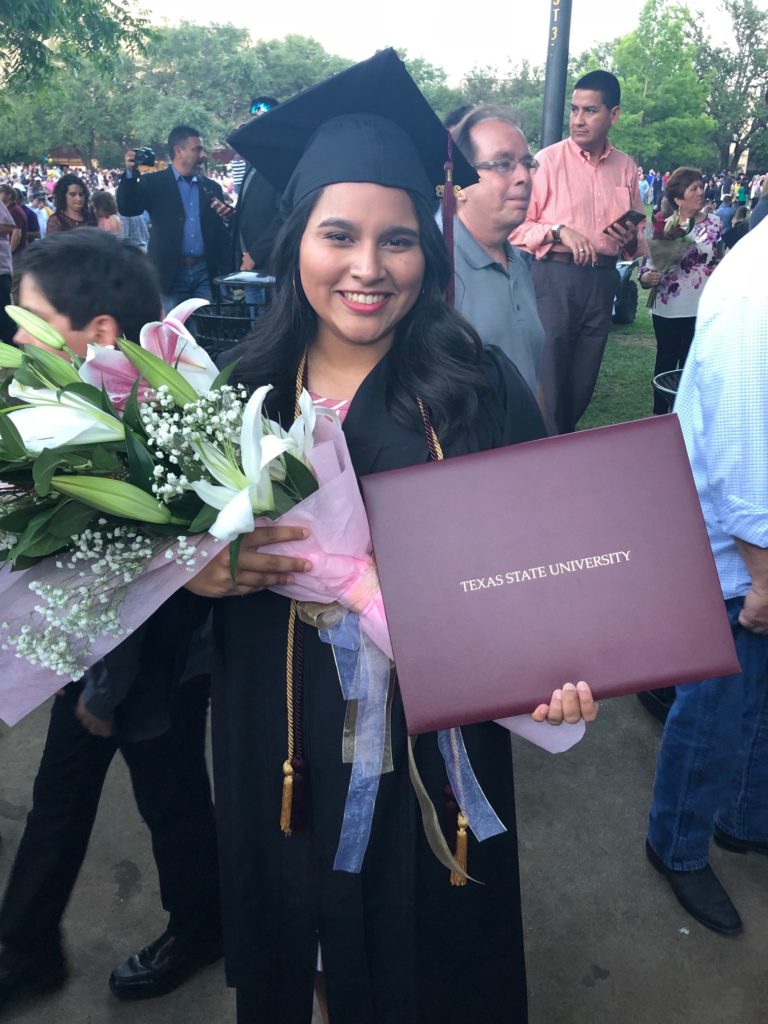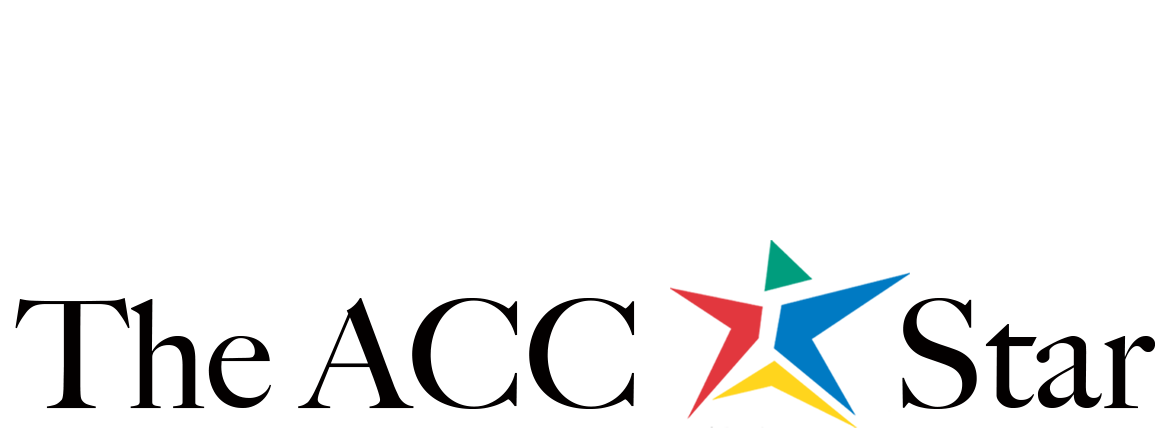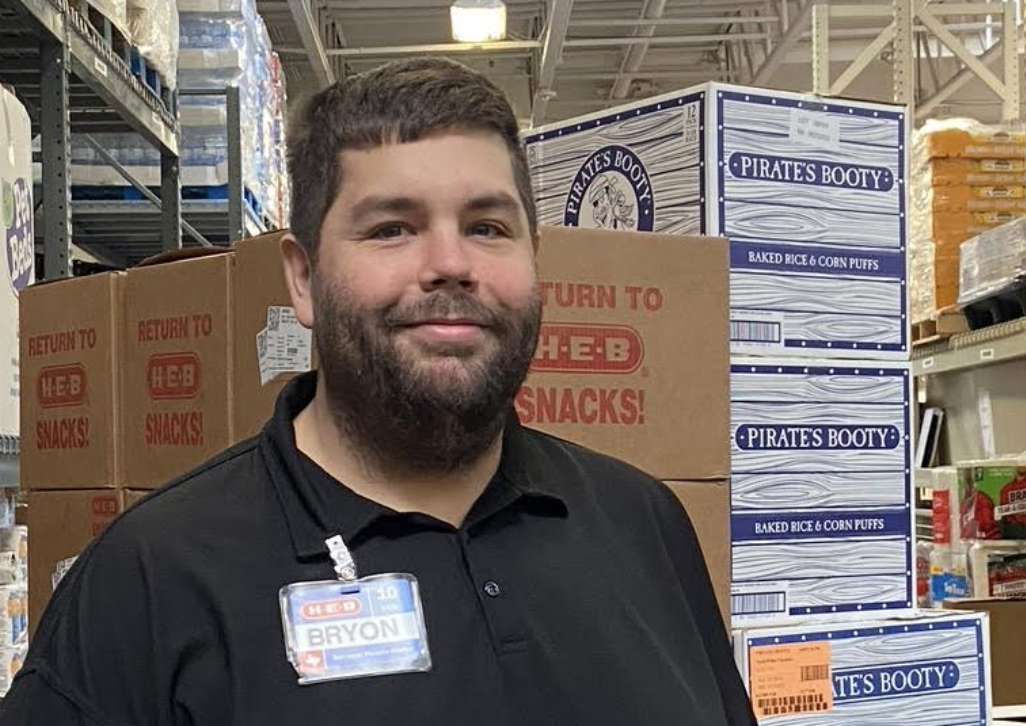(By ASHLEY WADE)
Jeena Pena begins with a quick breakfast before heading to work. There is no longer the early morning commute from town to town. Instead, she commutes to her kitchen table where her computer sits waiting for her.
Despite no longer traveling to all her clients’ homes, the 25-year-old wakes up early anyway to begin her day as a speech language pathologist in a virtual learning environment, aiming to show parents that SLPs remain devoted to their clients despite the changes brought on by the pandemic.
Pena, who comes from McAllen, Texas, works at Therapy 2000/Green Apple Therapy and specializes in pediatrics. She works with children who have a hard time communicating in order to help improve pronunciation, fluency, and in some cases swallowing or feeding among infants.
“When you teach speech sounds, they are looking at your mouth, they are looking at you do things,” Pena says. “You are in there trying to help them do oral motor exercises. So that they can put their mouth in the right place.”

When the COVID-19 pandemic began, Pena was just finishing up her master’s degree at Texas State University-San Marcos. Upon completion she was hired as a home health worker with Therapy 2000/Green Apple Therapy.
Facing the risk brought on by the pandemic, Pena is one of many SLPs who has transitioned to a primarily virtual-based learning experience, something Pena herself was not fully prepared for.
“Now it’s a little bit tougher because with COVID everyone has had to go virtual,” Pena says. “Maybe they cannot hear my sound for whatever reason or maybe I cannot be in there to see what is physically going on with their mouth, why they’re making this sound.”
Pena describes searching the internet for resources on virtual learning despite there not being a lot out there, using what she can find to help teach and retain her client’s attention through YouTube stories, online games, and animating her expressions.
Virtual therapy presents difficulties for not only Pena but other members of her field as well, such as 25-year-old Vanessa White, who is also employed by Therapy 2000/Green Apple Therapy.
“An abundance of clients not only regressed in their abilities to express themselves or to progress in functional activities but, the simple act of socialization has been hindered because of the pandemic,” White says. “Speech therapy has evolved into a field where obstacles are never ending and the client’s success during this trying time is nothing short, but a victory.”
For Pena, the process of moving to a virtual-based form of therapy is still one of trial and error, but she is proud of the way the company continues to come together to provide their clients with the help they need.
“I think the way we’ve handled speech therapy in the pandemic in general gives me hope because we didn’t just stop therapy,” Pena says. “They said no we’re going to implement teletherapy strategies and help these kids no matter what cause they deserve that chance.”
Working as a virtual SLP for nearly a year now, Pena has advice for any other SLP entering the field during this time.
“I would say time management is a big one. It can be easy, since everything is at home now, to slip in and out of work. So putting your mindset at work and having a lot of resources for tele-therapy materials and ask peers for any resources you can.”
Pena knows that the experience of virtual learning not only impacts SLPs and their clients, but the parents as well. She wants parents to know that she understands their hesitancy and has some advice.
“Be patient with us please. We know that the parent wasn’t expecting virtual for their kid. Trust the process because even though we are learning, the SLPs are working hard to show you all we are still very invested in your kids.”




